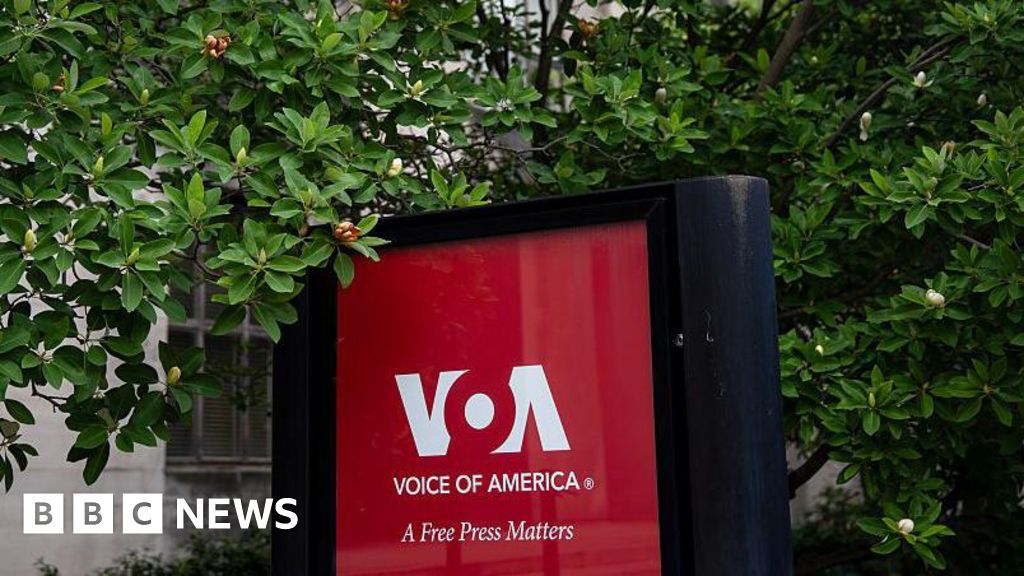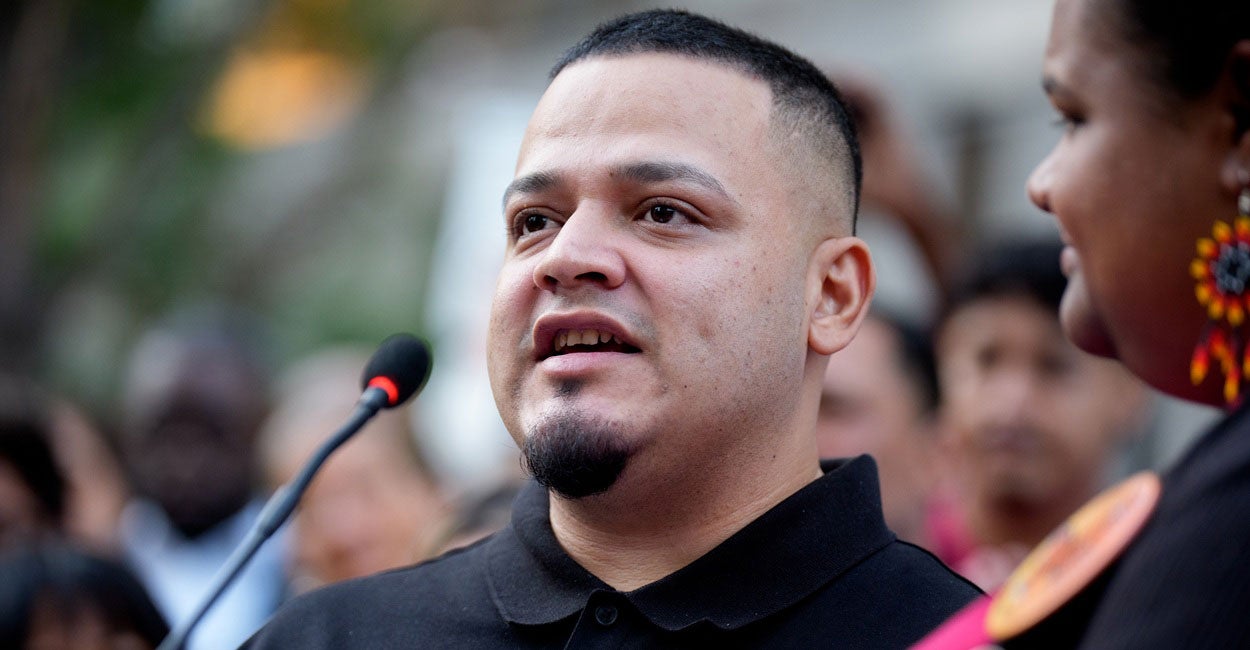Evening News Podcast for Monday, June 16
I’m Hannah Bern And I’m Will Dove, and this is the rest of the news for today, Monday, June 16th. Alberta’s United Conservative Party (UCP) government has announced that, starting this fall, most residents will no longer receive COVID-19 shots for free. Instead, individuals wishing to get vaccinated will have to pay the full price of about $110 per dose and pre-order their shots. The government explained this shift as a response to new federal rules that make provinces responsible for purchasing their own COVID vaccines, as well as a move to curb “significant waste.” In 2023–2024, Alberta reported that 54 percent of its COVID vaccines were wasted—a major reason for the new pre-ordering system. The province will roll out the vaccines in four phases, with only those deemed “high risk” eligible for free shots this fall. All other residents must pay out-of-pocket if they want to receive the vaccine, which will now be available only at public health clinics—not at pharmacies. The proposed high-profile audit of US gold reserves at Fort Knox, intended to be conducted by Donald Trump and Elon Musk, never took place despite initial high-level publicity and advanced planning. According to analysis by James Rickards, the event—which would have provided transparency and reassurance to the public—was quietly shelved, with Trump ceasing to mention the visit after February 26 and Musk going silent on the topic after April 6. No official explanation for the cancellation was given. Rickards argues that the real motive for cancelling the Fort Knox visit was to avoid drawing attention to gold’s continued role as a monetary asset and to shield the public from the realities of the “paper gold” market. Although the US Treasury officially holds 8,133.5 metric tonnes of gold—with most stored at Fort Knox and West Point, and a small amount at the Denver Mint—the gold leasing system enables a far greater volume of “paper gold” transactions, sometimes leveraged up to 100 times the actual physical reserves. Should investors suddenly demand physical delivery of gold they believe they own through these paper contracts, it could trigger market panic, as the available physical gold is insufficient to cover all claims. Across the United States, federal immigration enforcement efforts by ICE (Immigration and Customs Enforcement) are prompting both creative resistance by local officials and fierce warning messages from law enforcement, as well as reports of impending large-scale deportation actions. In Los Angeles, a city council meeting became the stage for an unusual exchange. Democratic Los Angeles City Councilwoman Imelda Padilla openly asked LAPD Chief Jim McDonnell if technology—such as AI—could be deployed to warn community members about upcoming ICE raids. Chief McDonnell swiftly shot down the suggestion, calling it “obstruction of justice” and reminding Padilla that warning residents about imminent enforcement actions would be inappropriate and illegal. Meanwhile, in Florida, law enforcement leaders are taking a decidedly more confrontational approach. Brevard County Sheriff Wayne Ivey issued a blunt warning to potential anti-ICE rioters at a recent press conference, declaring, “We will kill you, graveyard dead.” Florida’s Attorney General James Uthmeier added that Florida is an “anti-riot state,” in contrast to what he characterized as the more permissive environment in California. He warned that doxing or otherwise endangering ICE agents would result in swift legal action, and that the state would “find you and hold you accountable.” Residents across Norfolk in the UK are facing compulsory purchase of their homes to accommodate the UK’s largest-ever planned solar farm, the East Pye Solar Project, which spans 2,500 acres—an area comparable to the city of Chichester. Dozens of villagers in Hempnall, Saxlingham, and Tasburgh have received notices indicating their properties “may be required” for the development, which is ten times larger than the current biggest solar farm in Flintshire, Wales. Critics argue that such projects, promoted as green energy solutions, threaten rural communities and agricultural output. Meanwhile, UK housing issues have intensified with reports of immigrants forcibly occupying homes. In one recent incident, an elderly woman in her 80s lost her £590,000 home in Chingford, north-east London, after a gang of suspected squatters from Eastern Europe took over the property. The police have reportedly refused to intervene, citing the matter as a civil dispute. This has sparked outrage and debate over whether rising immigration, now including over 14,800 illegal channel crossings in the first five months of this year, is contributing to the housing crisis. The 2025 Bilderberg Meeting, an exclusive conference established in 1954, convened in Stockholm, Sweden, last Thursday, drawing over 130 elite figures from politics, business, and media worldwide. The event is notorious for its secrecy—media are strictly banned, and attendees operate under a rigid code of silence. This year’s agenda was shaped by escalating tensions across Europe and the Middle East, and the ongoing challenge to globalism highlighted by recent political developments. Notable North American participants included Citigroup CEO Jane Fraser, Microsoft CEO Satya Nadella, Pfizer’s Albert Bourla, and Canadian officials François-Philippe Champagne (Finance Minister) and Chrystia Freeland (Transport Minister). A senior Iranian military official has claimed that Pakistan promised to use nuclear force against Israel if Prime Minister Benjamin Netanyahu were to launch a nuclear attack on Tehran. General Mohsen Rezaee, a prominent figure in Iran’s Islamic Revolutionary Guard Corps and member of the National Security Council, stated in an interview: “Pakistan has assured us that if Israel uses a nuclear bomb on Iran, they will attack Israel with a nuclear bomb.” Rezaee further urged the Islamic world to unite against Israel. Pakistan, one of nine countries recognized as nuclear powers, responded swiftly: today, Defence Minister Khwaja Asif categorically denied the general’s claims. He affirmed, “Pakistan is signatory to all international nuclear disciplines; our nuclear capability is for our people’s benefit and defence against hostile designs.” Asif also warned that continued Western support for Israel risks escalating tensions across the region. Meanwhile, US military presence is intensifying, with the USS Nimitz carrier group en route to the Middle East following threats from US leadership directed at Iran. A February 24, 2020, Chinese patent application for a “COVID-19 protein vaccine” has drawn renewed scrutiny from U.S. investigators probing the origins of the pandemic. The patent was filed by three organizations linked to the People’s Liberation Army just weeks after the virus emerged in the United States—well before the WHO declared a global pandemic. Notably, 11 inventors are listed, including two scientists from the Chinese military’s Institute of Military Cognition and Brain Sciences, despite neurological symptoms of COVID-19 not being widely recognized at that time. Dr. Robert Kadlec, a former senior U.S. health official, highlighted the lack of neuropathology data in published research, raising questions about why neuroscientists were involved so early. The lead inventor, Zhou Yusen, died under unclear circumstances shortly after the outbreak, and the patent’s timing and contents have fueled speculation about Chinese authorities withholding information in the pandemic’s early days. A peer-reviewed Japanese study published in the Journal of Clinical Neuroscience reported startling findings regarding COVID-19 mRNA vaccination. The research, analyzing 19 cases of hemorrhagic stroke at Sapporo Teishinkai Hospital between March 2023 and April 2024, detected the SARS-CoV-2 spike protein in the cerebral arteries of 43.8% of vaccinated individuals—persisting for up to 17 months post-injection and found exclusively in the intima alongside immune cell infiltration. All spike-positive cases in the study were female. Even more concerning, vaccine-derived spike protein was found in the brains of some unvaccinated individuals, raising questions about possible “shedding” or unknown routes of exposure. The study challenges previous claims about the rapid degradation of vaccine components, revealing that key vaccine elements can accumulate and persist in the brain’s vasculature, possibly contributing to severe health risks and sudden death among some recipients. A prominent official within the US Food and Drug Administration (FDA) has revealed she personally refused the Covid-19 mRNA vaccine while pregnant, despite the agency’s public promotion of the vaccine as “safe and effective” for all pregnant women. Doctor Sara Brenner, who held the titles of Principal Deputy Commissioner and briefly Acting Commissioner at the FDA, disclosed her decision at the MAHA Institute Round Table in Washington, DC on May 15, 2025. Brenner cited a critical lack of safety data, particularly regarding the biodistribution of lipid nanoparticles used in mRNA vaccines—tiny fat particles that deliver genetic material to cells. As an expert in nanomedicine with experience in bioethics and toxicity, Brenner expressed concern about the accumulation of LNPs in organs such as the ovaries, liver, spleen, and bone marrow. These concerns mirrored warnings from Canadian immunologist doctor Byram Bridle, whose research in 2021 was met with strong institutional pushback and reputational harm. Brenner also described a culture of silence within the FDA, where internal dissent was discouraged and public messaging prioritized consensus over transparency. A recent United Nations Population Fund (UNFPA) report, titled State of the World Population 2025, is sparking controversy by advocating for sweeping reproductive rights for girls as young as age 10. The UNFPA report argues that the “real fertility crisis” is not falling birth rates but a lack of “reproductive agency.” It suggests young women—even those who have just entered puberty—should have access to sex education, contraception, sterilization, abortion, and infertility care, such as IVF, if they desire. According to the agency, these measures are necessary to enable informed, voluntary reproductive choices. For example, the report highlights India, where about 27.5 million couples reportedly face infertility, and recommends that marginalized groups, including unmarried individuals and LGBTQIA+ persons, also receive comprehensive reproductive services. Critics, however, strongly question whether children as young as 10 to 12 should be encouraged to make such significant sexual and reproductive decisions. The report’s approach to counting unintended pregnancies is also contested—all non-planned pregnancies are classified as “unintended,” which, some argue, inflates statistics and misleads public perception. Artificial intelligence’s rapid advancement is challenging the traditional model of education, risking the very core of how students learn to think and reason. While some tasks—clerical jobs, manual labor, and data synthesis—are increasingly well-suited to automation, teaching stands apart. Education, from kindergarten to university, is not merely about transmitting information, but about modeling intellectual rigor, training reasoning and imagination, and guiding students in critically engaging with the world. The unique human element—apprenticeship, imitation of mentors, and hands-on intellectual practice—is considered essential for real learning. However, AI now threatens to automate and mechanize vital aspects of this process, potentially marginalizing the direct teacher-student relationship. AI can produce assignments nearly identical to those crafted by students, but without the intellectual effort required to truly understand or internalize the subject matter. This undermines traditional assessments like take-home essays, as students may increasingly rely on AI-generated work to secure competitive advantages, even if teachers discourage or prohibit its use. Without effective safeguards, there is a real danger that this shift could erode the quality of learning, plunging us toward an “intellectual dark age.” Experts argue that teachers and educational institutions must adapt by prioritizing in-person oral assessments, supervised technology-free exams, and non-graded assignments that encourage genuine intellectual challenge, to ensure students continue developing essential reasoning and analytical skills in a world of AI shortcuts. I’m Hannah Bern And I’m Will Dove and that’s the news for today, Monday, June 16th.










